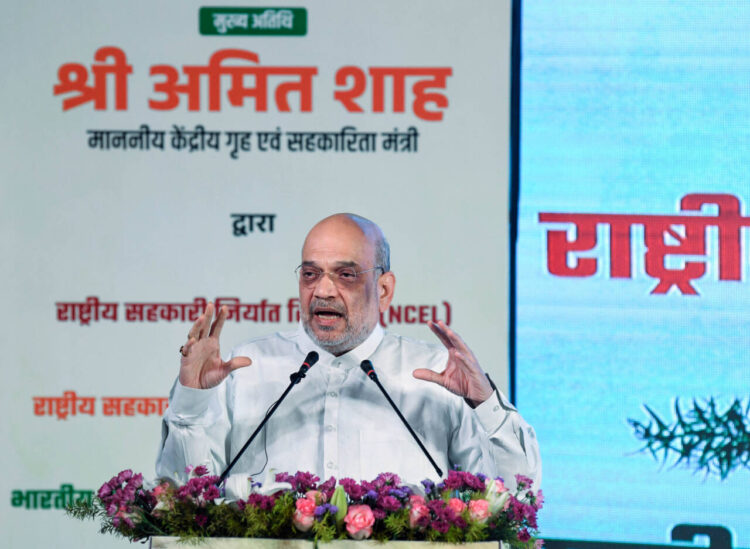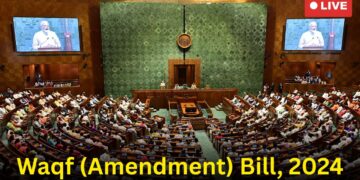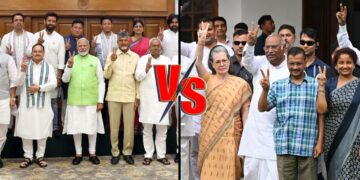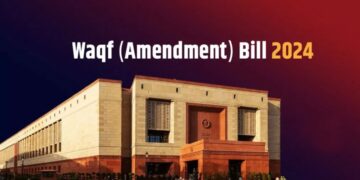In a resolute stance, Union Home Minister Amit Shah affirmed that the Citizenship Amendment Act (CAA) is here to stay, dismissing any notion of its withdrawal. He underscored the unwavering commitment of the BJP-led central government to uphold the law, despite criticisms labeling it as unconstitutional.
Shah addressed concerns during an interview, asserting that the CAA aligns with constitutional provisions and serves India’s sovereign right to grant citizenship. He rebuffed accusations of political maneuvering from opposition figures like Mamata Banerjee, Arvind Kejriwal, and Rahul Gandhi, accusing them of propagating falsehoods for political gain.
“The opposition’s claims regarding the timing of the CAA notification before the Lok Sabha elections are baseless,” Shah remarked, emphasizing the BJP’s longstanding pledge to enact the legislation, which was included in its 2019 manifesto.
“The primary objective of the CAA is to provide refuge and justice to persecuted minorities from Pakistan, Afghanistan, and Bangladesh,” Shah affirmed, countering assertions that the law was politically motivated.
Furthermore, the Ministry of Home Affairs (MHA) announced plans to establish a helpline to assist individuals seeking Indian citizenship under the CAA. Scheduled to be operational from 8 am to 8 pm, the helpline aims to offer guidance and support to applicants across the country.
The MHA’s recent notification of the CAA’s rules on March 11 delineates the process for Hindu, Sikh, Jain, Buddhist, Christian, and Parsi refugees arriving in India before December 31, 2014, from Afghanistan, Bangladesh, and Pakistan to acquire Indian citizenship, irrespective of possessing valid passports or visas.
The passage of the Citizenship (Amendment) Bill 2019 through both houses of Parliament in December 2019 underscores the government’s commitment to implementing the CAA, despite delays attributed to the COVID-19 pandemic.
With these developments, the government remains steadfast in its stance on the CAA, aiming to provide relief to persecuted minorities while upholding constitutional principles.

















Comments